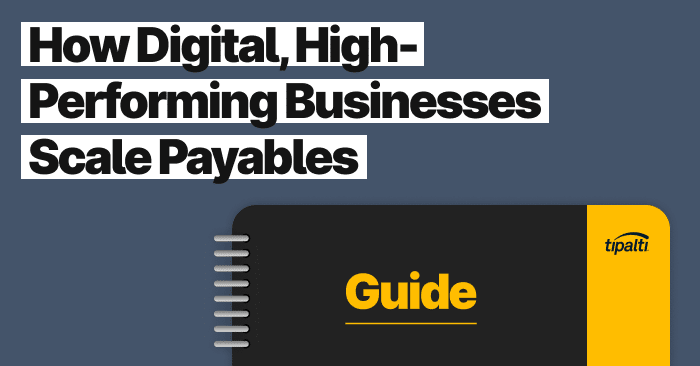
Tired of dealing with complex and tedious payables challenges? See how high-performing digital businesses are scaling payables.
With a global publisher base it is extremely important for affiliate networks to support as many payment methods as possible. Affiliates demand payment in various forms, and certain territories also have their systems set up to where an affiliate can only receive payments through any combination of particular methods. Unfortunately, this is not something that a mass payer has control over; rather, they are subject to the rules and regulations of an affiliate’s local government, keeping in mind the limitations of their central banking system, as well as tax regulations and requirements.
While one country may allow for an affiliate to receive wire transfer, another may only allow for affiliates to receive payment via check. Now, consider how many countries there are in the world where affiliate networks may have to make payments. Needless to say, having the capability to provide any payment method for your clients can make all the difference in maintaining a smooth operation so that affiliates get paid properly and on time, thus ensuring a great relationship between the publisher and network.
It is extremely important that affiliate networks maintain healthy relationships with their affiliates, because without them, an affiliate network would drop in value and even cease to exist. Therefore, it is in the affiliate networks’ best interest to offer the availability of as many payment methods to their publishers as possible.
Some of the most popular payment methods include:
– Wire Transfer: a method of electronic funds transfer from an individual or organization to another. Wire transfers are sent from one bank account to another, or via a cash transfer to a cash office.
– PayPal: an online payment service which gives a person and/or a business the ability to transfer funds electronically. It is currently the world’s leading online payment service.
Transform the way your finance team works.
Bring scale and efficiency to your business with fully-automated, end-to-end payables.
– ACH: a network which facilitates the transfer of electronic funds between financial institutions. In the U.S., we operate on a single system which works strictly with initiation formats and standardized settlement times.
– International ACH: just like an ACH transfer; however, it’s important to note that all countries have their individual clearing system, similar to the U.S.’s ACH system. Within this, each clearing system has its own unique formats and settlement times.
– Check: a paper document that commands the payment of money from a bank account. Checks can be shared between an individual to an individual, a business to a business, an individual to a business, or vice versa.
– e-Check: a payment tool which combines the security, speed, and processing efficiencies of electronic transactions. It is the electronic form of the more traditional paper check, meaning that it has a sound legal infrastructure and business process associated with it. The U.S. Treasury Department has also chosen the e-check to be the first and only electronic payment method to make high-value payments over the internet.
– Prepaid Debit Cards: a card that provides the cardholders electronic access to their bank account at a financial institution in order to make payments.
– Western Union: Founded in 1851, Western Union is a very popular method of providing Electronic funds transfer from an individual or institution, to another individual or institution, using Western Union’s own financial arrangements.
Most affiliates would ask for payment via one of the methods mentioned above, which is not unreasonable, but it can certainly be a task for an affiliate network to facilitate, as they should be focusing on their network and its expansion, rather than working on functioning at the capacity of a mass payer.
You may also be interested in:
Echecks: Efficient Global B2B Payment Methods
Automated Invoice Processing Software: What is it and How Does it Work?